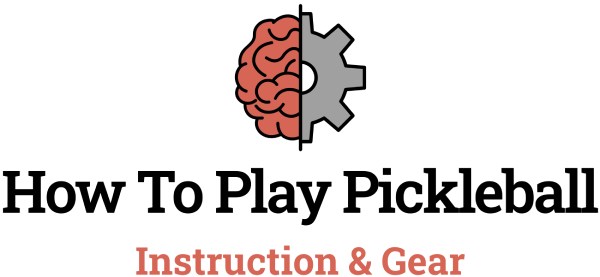Retirement Income and a Pickleball Tax? Navigating the Tax Maze
Introduction
Retirement should be a time of relaxation and enjoyment, but the reality of taxes can quickly dampen the mood. From Social Security benefits to your weekend pickleball games, understanding how various income sources and activities are taxed is crucial. Let’s dive into the nitty-gritty of retirement taxes and how your favorite pastimes might fit into the bigger financial picture.
The Taxman Cometh: Retirement Income and Uncle Sam
Federal Tax Considerations
When it comes to federal taxes, not all retirement income is created equal. Here’s what you need to know:
- Social Security: You might be in for a surprise – up to 85% of your Social Security checks could be taxable, depending on your overall income. This includes those monthly retirement deposits, as well as survivor and disability benefits. However, Supplemental Security Income (SSI) gets a pass.
- Annuities and Pensions: These regular payments usually can’t escape the taxman. The specifics depend on whether your annuity is qualified or non-qualified, so it’s worth checking the fine print.
- Retirement Accounts: Remember those traditional IRAs and 401(k)s? Uncle Sam’s been waiting patiently for his cut. Required withdrawals are taxable. On the bright side, if you played your cards right with a Roth account, you might be looking at tax-free withdrawals.
Tax-Free Treasures in Retirement
Not everything in retirement comes with a tax bill attached. Here are some income sources that typically fly under the tax radar:
- Life Insurance Payouts: Generally, you won’t owe taxes on life insurance proceeds.
- Long-Term Care Insurance: Payments from these policies are usually tax-free.
- Disability Benefits: Most disability benefits escape taxation.
- Municipal Bond Interest: These bonds often provide tax-free interest at the federal level – a nice perk for the savvy investor.
State Taxes: A Mixed Bag
While federal taxes are unavoidable, state taxes on retirement income can vary wildly:
- Tax-Free Havens: Over a dozen states give retirees a break by not taxing retirement income at all. If you’re considering a move, this could be a factor worth weighing.
- State-Specific Quirks: Some states, like New Mexico, have higher income thresholds that keep Social Security benefits off the state tax rolls. It pays to know your state’s particular rules.
Pickleball and Taxes: An Unlikely Pair
Volunteer Work: More Than Just Good Karma
If you’ve turned your pickleball passion into volunteer work, there might be some tax perks:
- Deductible Expenses: While you can’t deduct the value of your time, out-of-pocket costs like uniforms, postage, or even gas for driving to volunteer events could be tax-deductible.
When Hobbies Become Business
Has your pickleball obsession turned into a side gig? Here’s what you need to know:
- Hobby Income: Even small amounts of income from tournament winnings or coaching should be reported. The good news? If it’s under $400, you’re off the hook for self-employment tax.
- Business Expenses: If pickleball has become more than just a hobby, you might be able to deduct related expenses, potentially lowering your taxable income.
Wrapping Up: Serve Up a Smart Pickleball Tax Strategy
Understanding how retirement income and activities like pickleball fit into your tax picture is key to making the most of your golden years. By knowing which income streams are taxable and which aren’t, and by leveraging potential deductions from your activities, you can craft a retirement strategy that keeps more money in your pocket and less in Uncle Sam’s.
Remember, tax laws can be as tricky as a well-placed pickleball drop shot. When in doubt, consult with a tax professional to ensure you’re making the most of your retirement finances while staying on the right side of the IRS.



